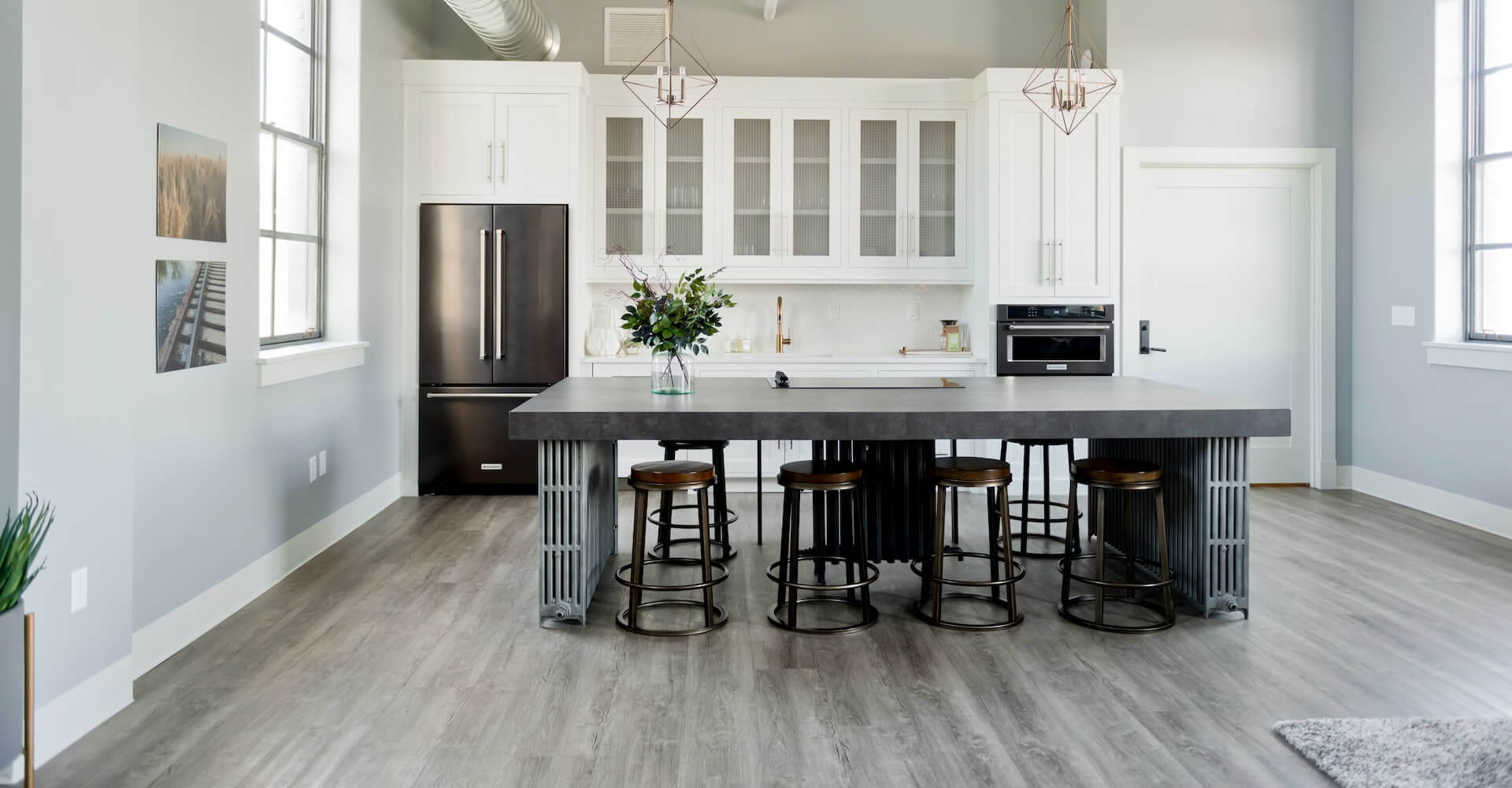What Are Accessory Dwelling Units and How Can They Benefit You?
Are you a first-time homebuyer struggling to find an affordable home that suits your budget? Or maybe you’re already a homeowner looking for ways to generate extra income or provide a space for your loved ones. Whether you’re in the market for a new home or looking to maximize your current property, accessory dwelling units, or ADUs, could be the solution to your needs.
What Exactly is an ADU? According to AARP, Accessory Dwelling Units, or ADUs, are defined as follows:
- ADUs are small residences situated on the same lot as a larger, primary dwelling.
- They are self-contained living spaces equipped with a kitchen or kitchenette, a bathroom, and a sleeping area.
- ADUs can be attached to, detached from, or located within the main residence. They can also be created by converting existing structures, such as garages, or building entirely new units.
It’s important to note that ADU regulations vary depending on your location, so consulting a local real estate professional is crucial for accurate information.
The Benefits of ADUs Freddie Mac and the AARP highlight several key benefits of ADUs for both prospective homebuyers and homeowners:
- Living Close by, Yet Separate: ADUs provide the perfect balance of togetherness and privacy. They allow family members to live on the same property while enjoying separate living spaces. This arrangement is ideal for multi-generational households or for those seeking the comfort of having loved ones nearby without sacrificing personal space.
- Aging in Place: ADUs enable elderly family members to remain close to their loved ones, providing them with both independence and a support network. If you have aging parents or relatives you’d like to be near, an ADU can be a game-changer.
- Affordable Construction: ADUs are generally smaller in size compared to standalone homes, making them a cost-effective option for additional living space. Building an ADU can also increase the overall value of your property, making it a wise investment.
- Generating Additional Income:
- Airbnb or Short-Term Rentals: ADUs make perfect candidates for short-term rentals, such as Airbnb or VRBO. If located in a desirable area, you can rent out your ADU to tourists or business travelers, potentially earning a significant income stream. Many travelers prefer the privacy and amenities of a separate living space, making ADUs attractive options for short-term stays.
- Long-Term Rentals: Apart from renting to tourists, you can also consider long-term rentals. Tenants looking for affordable housing often appreciate the cost-effective, self-contained nature of ADUs. Depending on your location and market demand, you could secure a reliable monthly rental income.
- Home Office or Studio Space: ADUs can be repurposed as home offices or creative studios, which can be rented out to professionals or artists in need of a dedicated workspace. This can generate additional income while allowing you to utilize the space efficiently.
- Student Housing: If your property is near a college or university, an ADU can serve as an attractive option for students seeking independent living arrangements. The demand for student housing can result in a steady rental income stream during the academic year.
- Elderly Care or Assisted Living: Some homeowners choose to use their ADUs to offer elderly care or assisted living services. This option not only generates income but also provides valuable care services to those in need.
- Co-Living Arrangements: ADUs can be rented to individuals interested in co-living arrangements, where multiple tenants share common spaces in the primary residence while having their private ADU spaces. This approach maximizes rental income and encourages a sense of community.
- Work-From-Home Space: As remote work becomes more prevalent, professionals may seek dedicated, well-designed workspaces separate from their main residence. An ADU can be transformed into a stylish home office, attracting remote workers willing to pay for a comfortable and productive environment.
It’s essential to research your local market and regulations to determine the most suitable income-producing option for your ADU. Additionally, consider factors like maintenance costs, utilities, and property management when calculating potential income. Properly managed ADUs can significantly contribute to your financial stability while enhancing the functionality of your property.
Bottom Line: ADUs Offer Great Benefits Accessory Dwelling Units offer numerous advantages for both homebuyers and homeowners alike. If you’re intrigued by the possibilities of ADUs, reach out to a qualified real estate professional who can guide you through local codes, regulations, and available options in your market. ADUs have evolved from being a niche concept to a practical and impactful solution for those seeking affordability, flexibility, and enhanced living arrangements. Don’t miss out on this housing trend that could change the way you approach homeownership!

